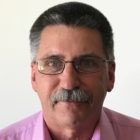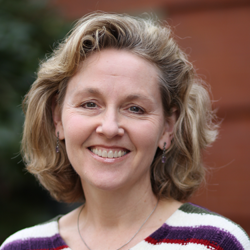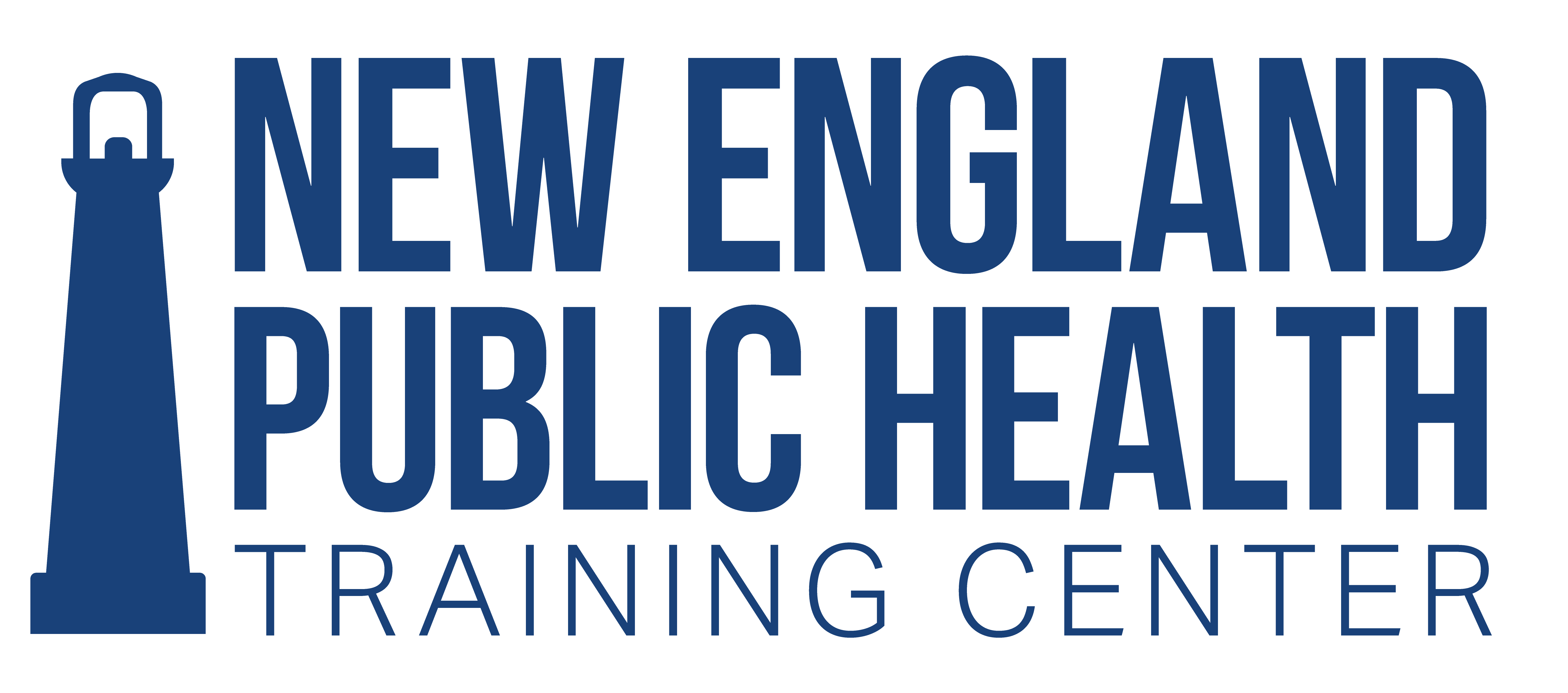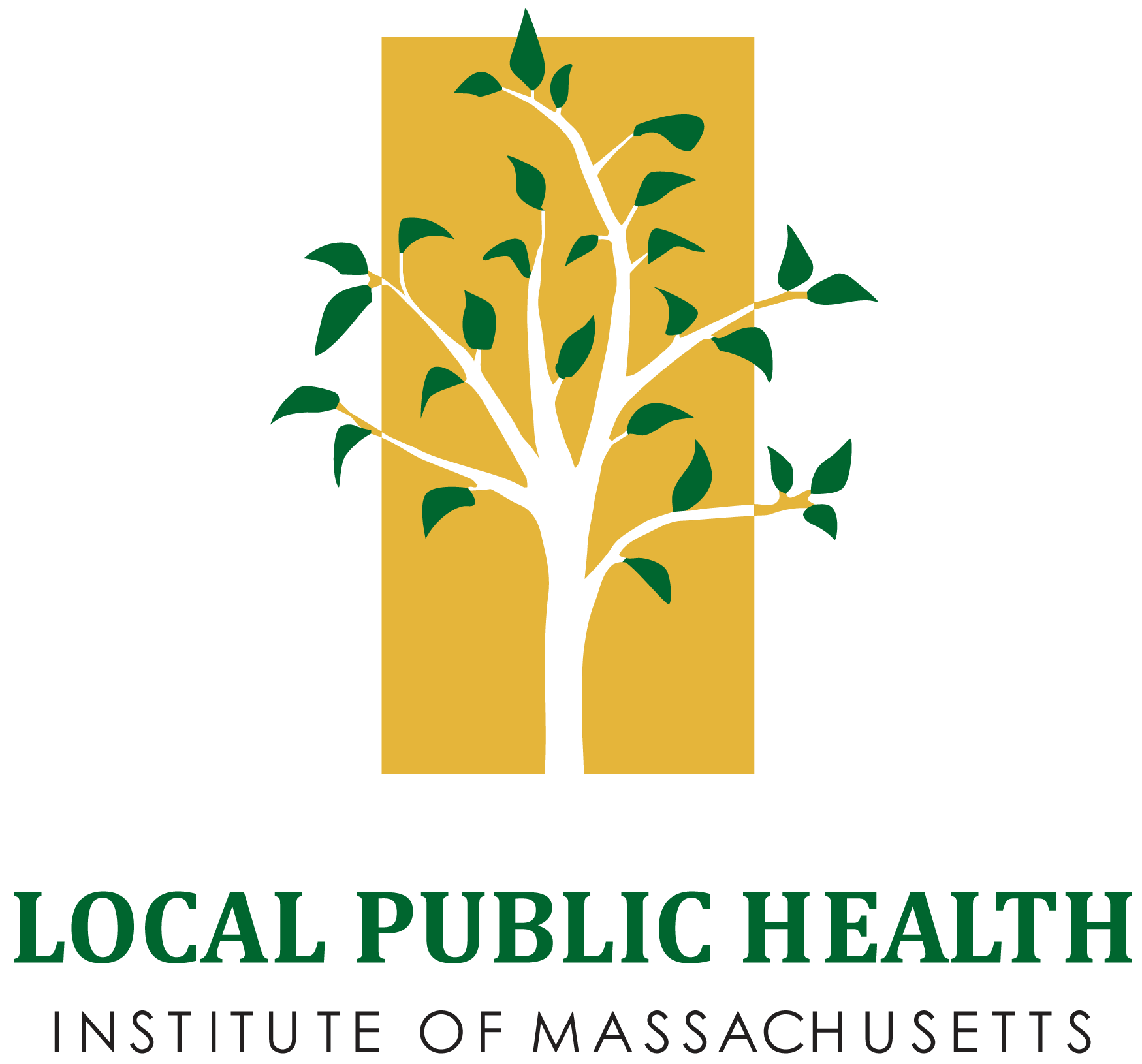Course Information
- Audience: Public health and housing professionals charged with enforcement of housing and related laws and regulations in Massachusetts and community health professionals, task force members, and anyone interested in learning more about mold.
- Format: Self-paced
- Price: Free
- Length: 1.0 hour
- Credential(s) eligible for contact hours:
Sponsored by New England Public Health Training Center (NEPHTC), a designated provider of continuing education contact hours (CECH) in health education by the National Commission for Health Education Credentialing, Inc. This program is designated for Certified Health Education Specialists (CHES) and/or Master Certified Health Education Specialists (MCHES) to receive up to 1 total Category I continuing education contact hour. Maximum advanced-level continuing education contact hour is 1. Provider ID: 1131137 Event ID: SS1131137_MAPHC.
If you are not seeking a CHES/MCHES contact hours, if you complete the post-test and evaluation, you will receive a Certificate of Completion. The Certificate will include the length of the course. - Competencies: Public Health Sciences Skills
- Learning Level: Awareness
- Companion trainings: None
- Pre-requisites: None
- Technical Requirements: This training was created with Articulate Rise. Please refer to the Articulate 360 System Specifications to ensure your system meets the minimum requirements for viewing.
About this course
Local boards of health (LBOH) may receive complaints about mold from housing occupants or a LBOH inspector may identify mold during an inspection. The presence of mold can raise concerns about potential health and other effects. This training will provide an overview of mold, outline processes and procedures for LBOH to follow when investigating certain types of housing, and provide resources that can aid in resolving this complex public health issue.
What you'll learn
After completing this course, you will be able to...
- Define mold
- Name three things that spores need to grow into mold
- Discuss three possible health impacts linked to indoor exposure to mold and one non-health impact of mold growth
- Detail the regulations that apply to mold, moisture, or water damage in certain types of housing
- List seven recommendations to prevent mold growth, and eight tips to effectively clean up mold
Subject Matter Experts
-

Paul Halfmann
Assistant Director, MDPH, BEH Community Sanitation Program (retired)
-

Kathleen MacVarish
Associate Professor of the Practice
Boston University School of Public Health
Enrollment and Contact Hours
Select the Enroll button below to register for the course. If you have any trouble accessing the course, contact support@nephtc.org.
Acknowledgement:
Acknowledgement: This project is supported by the Health Resources and Services Administration (HRSA) of the U.S. Department of Health and Human Services (HHS) as part of award 2 UB6HP31685‐05‐00 “Public Health Training Centers.” The contents are those of the author(s) and do not necessarily represent the official views of, nor an endorsement, by HRSA, HHS or the U.S. Government.
* Yale School of Public Health, Office of Public Health Practice, a New England Public Health Training Center partner, is a designated provider of continuing education contact hours (CECH) in health education by the National Commission for Health Education Credentialing, Inc. All CHES credit inquiries are managed by YSPH



